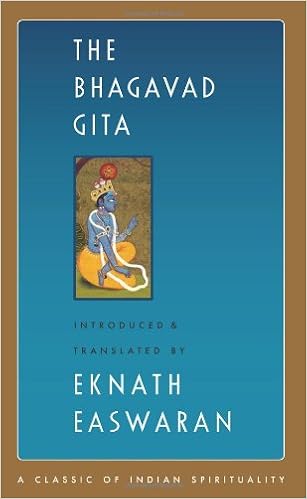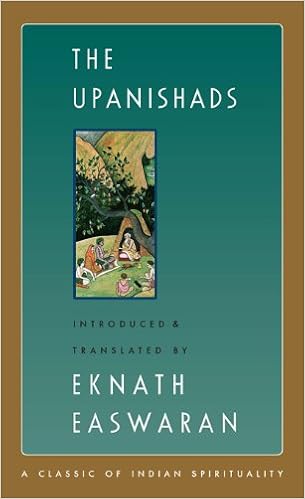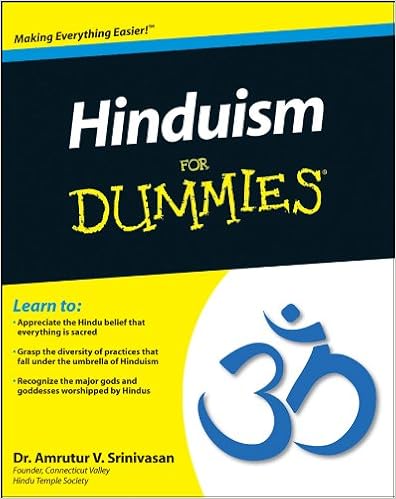Why Hinduism?
Many of us try to define our identity through things like personality tests or our job title.s We find some combination of words that make sense to you (Introverted Business Analyst) and then look for confirmatory evidence that it’s true. Sometimes, these identities are aspirational (future billionaire anyone?), other times, they reflect our moods (loser).
The way we tend to approach this concept of identity in modern life seems flawed, somehow, even, unsatisfactory. So I decided I wanted to explore a religion or philosophy that dealt specifically with the idea of identity. I chose Hinduism. | Expand
Hinduism
History
- Hinduism began to appear as a coherent religion and philosophy between 500 BCE and 300 CE and has over 1 billion followers.
- Yoga the exercise is derived from Hatha Yoga and was originally conceived as a way to prepare the body for rigorous meditation.
- There are over 300 million deities in Hinduism. Hindu families typically have a “family god” that they pray to for multiple generations.
Read More
The Bhagavad Gita
 A seminal piece of Hindu scripture, it tells the story of a young prince, Arjuna, who feels conflicted about going to war with his family. A Hindu god, disguised as his charioteer, advises him on what to do
A seminal piece of Hindu scripture, it tells the story of a young prince, Arjuna, who feels conflicted about going to war with his family. A Hindu god, disguised as his charioteer, advises him on what to do
The Upanishads
 A collection of stories in Hindu scripture. Each story offers unique insights into Hindu philosophy.
A collection of stories in Hindu scripture. Each story offers unique insights into Hindu philosophy.
The Book: On the Taboo Against Knowing Who You Are
 – The late popularizer of Eastern philosophy describes the problem and solution of “finding yourself” in modern Western culture. Highly recommended.
– The late popularizer of Eastern philosophy describes the problem and solution of “finding yourself” in modern Western culture. Highly recommended.
Hinduism for Dummies
In a Modern World...
Modern personality theory tries to generate a list of personality traits found across a wide variety of people and then score you on them (for example, your level of extraversion or introversion). The self-help literature tries to help you figure out who you “really” are by identifying your preferences through a non-rigorous self-examination and then matching some sort of identifiable career or lifestyle to those preferences. But Hinduism teaches that maybe what we think of personality or identity is a sort of trick, and that a true sense of Self can only from cultivating the insight that you are not a separate entity from anyone or everything else.
Hindu Wisdom
My 30 Day Experiment
My Practice: Practice 4 forms of yoga: be more selfless at work, pray to a Hindu god every morning, study Hindu texts, and attend yoga (exercise) classes

